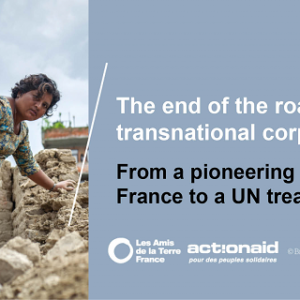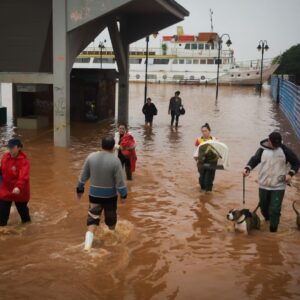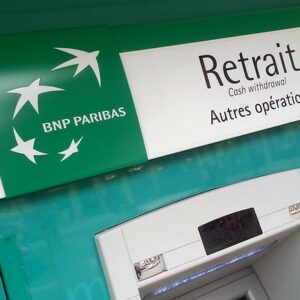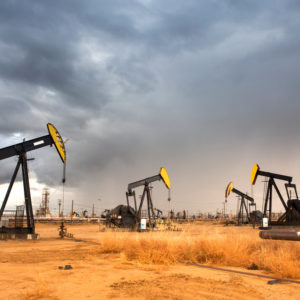
Report: « End of the road for transnational corporations ? From a groundbreaking French law to a UN treaty »
Friends of the Earth France and Action Aid France are publishing a new report “End of the road for transnational corporations ? From a groundbreaking French law to a UN treaty”.
The report describes the French legislative debate that gave birth to the law on “corporate duty of vigilance”, the first law which recognizes the legal responsibility of parent and outsourcing companies on their subsidiaries, subcontractors and providers in case of environmental and human rights abuses. It also highlights the need to go further with an international binding treaty.
The French law on the ‘duty of vigilance’ of parent and subcontracting companies was passed on the 27th of March 2017. The law, which is the result of years of campaigning by civil society, is a major step forward in the fight against the impunity of transnational corporations, which violate the rights of both their workers and local communities and pollute the environment worldwide. The massive lobbying by the private sector against the bill managed to slow down progress in getting the law adopted as well as watering down its content.
Despite these drawbacks, this law represents an undeniable international breakthrough. For the first time, parent and outsourcing companies are now legally obliged to ‘identify risks and prevent serious violations of human rights and fundamental freedoms, the health and safety of both people and the environment’ which may result from the activities of their corporate group (subsidiaries, controlled companies) and their supply chain (subcontractors, suppliers) in both France and abroad. Consequently, the law addresses the legal complexity of transnational corporations as well as the various commercial relations they may engage in with other business partners.
More than six months after the law came into force, it remains relatively poorly understood and there are still many questions around its implementation and its scope. The corporate duty of vigilance law, often dubbed the ‘Rana Plaza law’ by the press, due to the role played by the Bangladesh disaster in prompting political action towards establishing it, actually has a much broader scope than just the working conditions of suppliers of major French corporations.
This report begins with an overview of the steps that led to the law’s entry into force as well as of its content, and then looks at three concrete examples, illustrating the way in which the law should be interpreted: Total and its palm oil ‘biorefinery’ in La Mède, Société Générale and its support for the fracked gas export terminal Rio Grande LNG in the US, and lastly, the case of French retail chains and their business relations with the banana industry in Ecuador.
The last chapter of the report focuses on the current negociations at the United Nations around the elaboration of an international legally binding instrument on transnational corporations and human rights.
CONTENTS
- 4 A GROUNDBREAKING FRENCH LAW
- 12 CASE STUDIES
14 Total: Palm Oil in your Engine
20 Société Générale’s Gamble on Gas
26 Supermarkets: Banana Blues?
- 32 A UN TREATY ON THE HORIZON?
- 38 OUR DEMANDS
















